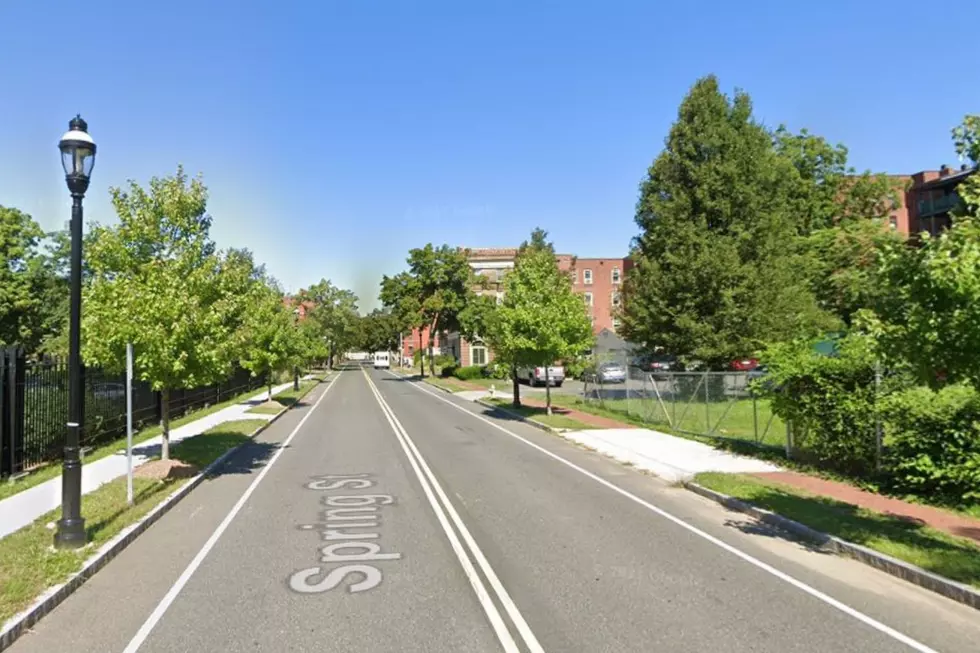
New Greenhouse Gas Tool to Inform Local Climate Action Plans
The Metropolitan Area Planning Council (MAPC), the regional planning agency serving 101 cities and towns in Metropolitan Boston, has unveiled a user-friendly greenhouse gas (GHG) inventory tool designed to inform local climate action plans underway or planned by communities across the state. MAPC developed the tool and guide in partnership with DNV GL Energy Services USA, Inc., leveraging funding from the Massachusetts Executive Office of Energy and Environmental Affairs Planning Assistance Grant program.

Using MAPC’s Community GHG Inventory Tool and accompanying Step-by-Step Inventory Guide, municipal staff and citizen volunteers can accurately gather community-wide emissions data, enabling them to better understand the sources of emissions and target efforts towards the most effective strategies for reaching local climate change goals. The tool uses 2017 Massachusetts emissions data (the most recent available) collected by MAPC to calculate a local baseline.
Initially rolled out as a pilot as part of net zero planning efforts in Arlington, Melrose, and Natick, the Community GHG Inventory Tool is now available free of charge to all Massachusetts municipalities.
“GHG inventories are essential to crafting local climate action plans, providing a baseline to measure the impact of future climate change mitigation efforts,” said MAPC Director of Clean Energy Cammy Peterson. “The coronavirus pandemic notwithstanding, municipalities are committed to making progress on their clean energy and climate change mitigation goals. Using local data, this new resource will enable communities to easily quantify their most significant emissions challenges and therefore be ready to seize their biggest opportunities for positive change.”
Unlike the vast majority of other GHG inventory trackers, the MAPC tool relies on local rather than national data sets, making it a more relevant and useful resource for municipalities seeking to pinpoint sources of emissions and determine effective reduction strategies. Moreover, it can be utilized in a plug-and-play fashion, making the tool easier to use and more accessible. While the data underlying the MAPC tool is Massachusetts-specific, the process MAPC employed to develop it could be used as a model to create similar locally specific GHG inventory tools in other US states and regions. MAPC plans to routinely update the resource to ensure it reflects the latest available data.
The MAPC Community GHG Inventory Tool captures emissions across all sectors of a municipality’s economy, including transportation (on-road vehicles and railways), waste (solid and wastewater), and stationary energy sources used to power and illuminate residential, commercial, and industrial facilities. The latter category allows cities and towns that have adopted “green municipal aggregation” programs that increase the purchase of local renewable energy in community electricity supplies to account for emissions reductions derived from that strategy.
MAPC will conduct training for municipalities on its Community GHG Inventory Tool on June 25. Registration is available by going here.
KEEP READING: 10 classic board games that will take you way back
More From WSBS 860AM









